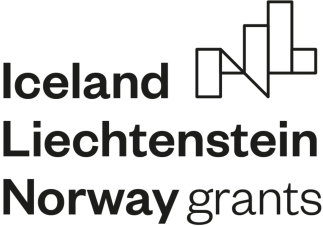The cultivation of seaweed for food, fertiliser and as a raw material for the chemical industry has been a significant industry worth €9.3bn annually, with 30Mton of production volume in 2015 (half of which was used for human consumption). Production in Europe has been very low, while Asian countries produce currently 99% of the global annual production of this valuable resource. At the same time, efforts in improving the footprint of agriculture and promoting sustainable, healthy food production becomes increasingly important on the European policy agenda, which is reflected in particular through the Green Deal calls by the end of Horizon 2020, as well as the Horizon Europe work programme.
The highly sustainable and commercially promising low-trophic aquaculture in sea water, which does neither consume significant amounts of fresh water, nor fertilizer or feed, faces challenges with respect to economic feasibility and species and location availability for the expected massive growth in future. The SølKelp project develops and implements innovative cultivation strategies with mutual relevance for both geographic ends and their leading SMEs, who can unlock a commercial head-start and sustained competitive advantage by jointly implementing the project. It therefore directly responds to the main call objective to “increase competitiveness and sustainability for Portuguese companies within the focus area of Blue Growth”. SølKelp further aims to develop, apply, and commercialize innovative products and technologies, and fulfils the bilateral objective, by enhancing cooperation between Portuguese SME and R&D entities and a Norwegian SME.

Website by: Glitz Design